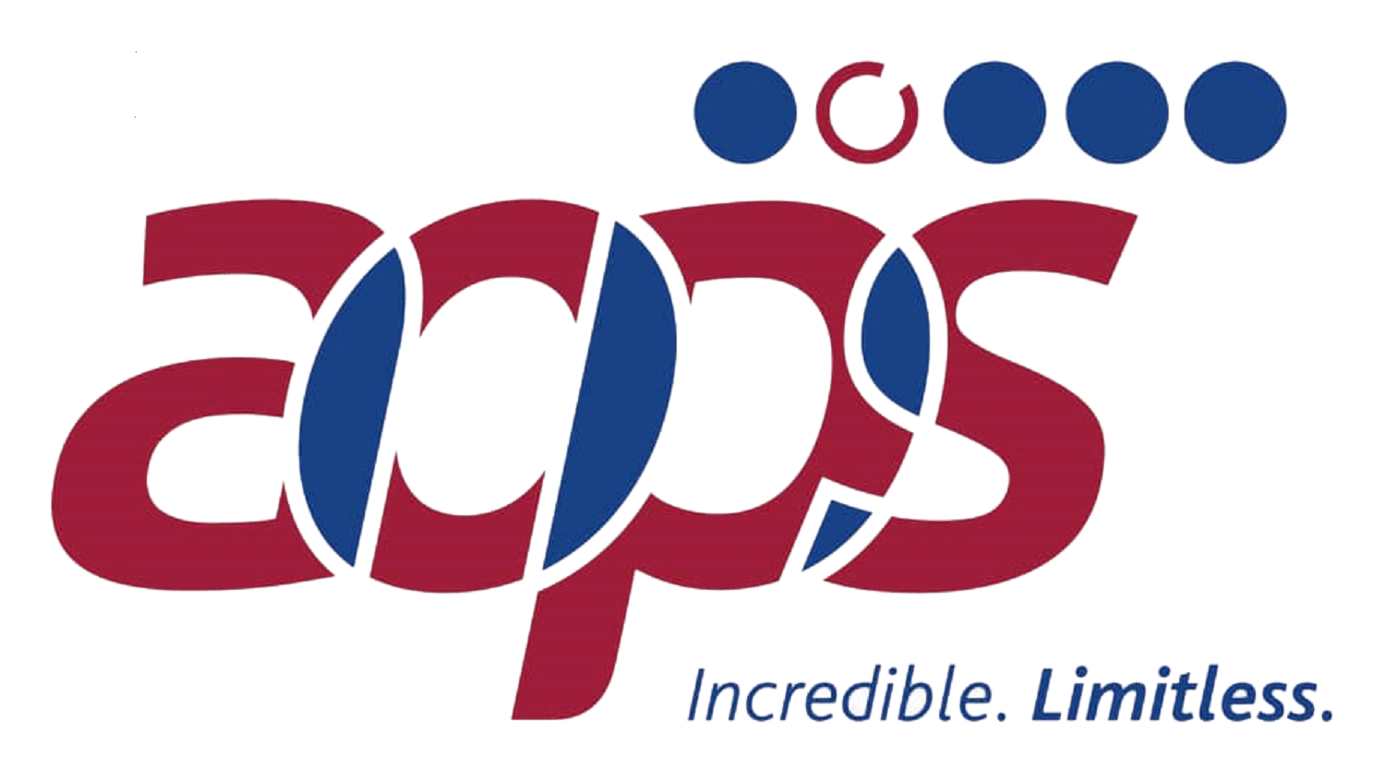Drugmaker AstraZeneca has sought to quell a week-long dust-up over its coronavirus (COVID-19) trial results, issuing new data that suggests the vaccine is 76 percent effective against the virus.
Previous results, released on Monday, declared that the vaccine had an efficacy rate of 79 percent. The following day, the National Institute for Allergy and Infectious Diseases (NIAID), headed by Dr. Anthony Fauci, raised questions about the results, saying the trial relied on outdated results.
The London-based drug company, which produced its vaccine in collaboration with scientists at Oxford University, has now released additional data that is based on an analysis of 190 cases of symptomatic COVID-19 that occurred in the trial. That’s 49 more than were in the initial release.
While the efficacy rate declined slightly — from 79 percent to 76 percent — the effectiveness against severe forms of COVID-19, including death, remained at 100 percent. Company scientists said the updated results are in line with the initial report on Monday.
“The primary analysis is consistent with our previously released interim analysis, and confirms that our COVID-19 vaccine is highly effective in adults, including those aged 65 years and over,” said Mene Pangalos, executive vice president, BioPharmaceuticals R&D. “We look forward to filing our regulatory submission for Emergency Use Authorization in the US and preparing for the rollout of millions of doses across America.”
‘Unforced error’
Many health experts have raised concerns about the controversy that has been associated with the AstraZeneca vaccine. Fauci told CNN that the botched data release was “an unforced error” that clouds “what is probably a very good vaccine.”
“This kind of thing does nothing but cast some doubt about the vaccines and maybe contribute to the hesitancy (to take them),” Fauci said. “It wasn’t necessary. If you look at it the data really are quite good.”
Armed with the updated data, AstraZeneca said it plans to move forward with an application to the U.S. Food and Drug Administration (FDA) for emergency use authorization (EUA) for distribution in the U.S. The vaccine is already widely used internationally.
source https://www.consumeraffairs.com/
